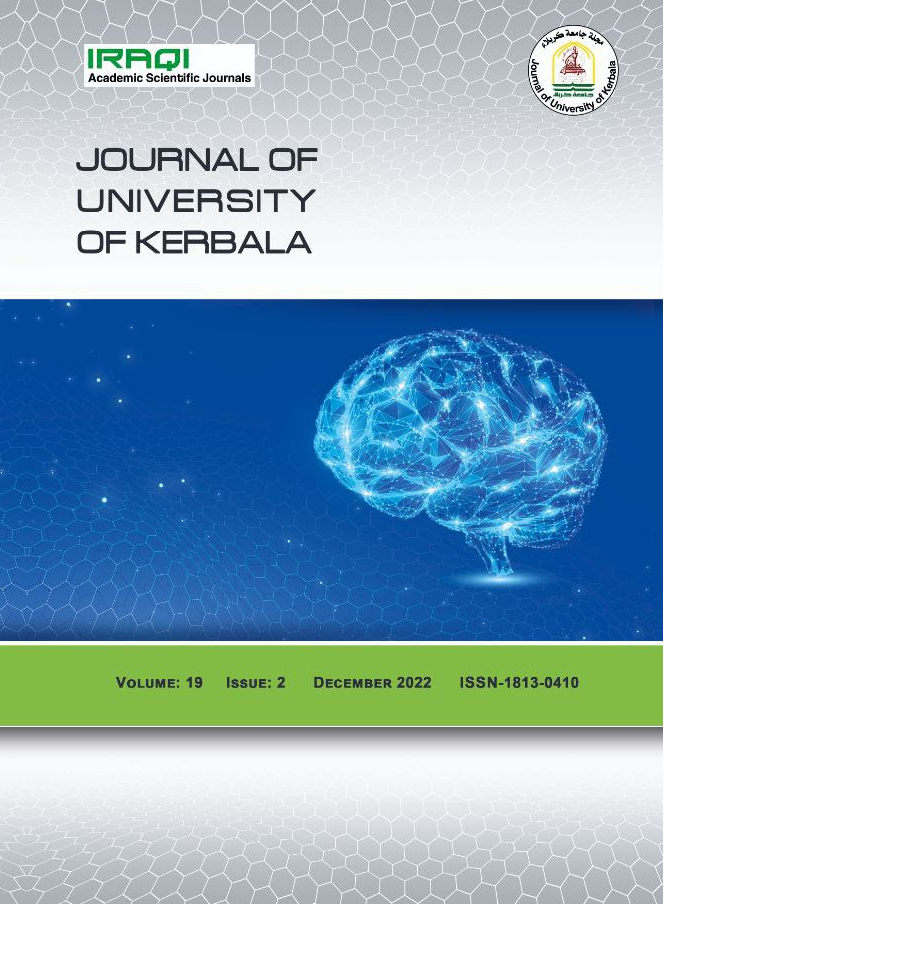Differences in IgG and IFN γ levels generated against different types of vaccines available in Iraq
الملخص
Objective: The SARS-CoV2 vaccines are the most effective and promising way to fight this widespread viral pandemic, but there is little information about which vaccines are better for various populations, particularly among Iraqi people living in Karbala Province. Thus, the aim of the current study is to investigate the differences in IgG and IFN γ concentrations generated against three types of vaccines available in Iraq.
Method: Cross-sectional study was conducted between November 2021 and April 2022. A blood sample was obtained from 174 vaccinated persons. SARS-CoV-2 IgG levels were detected using SARS-COV-2 IgG II quant assay on the ARCHITECT I system and interferon gamma level detection was performed utilizing human IFN- (interferon).
Result: Out of 174 vaccinated persons. Ninety subjects were men and 84 were women with ages ranging from 18 to 70 years. AstraZeneca and Sinopharm's vaccines had lower IgG and IFN γ concentrations as compared to Pfizer's vaccine. Significant differences among the three types of vaccine within both age groups was observed. The mean IgG concentration was higher in males than females in subjects vaccinated with Pfizer and AstraZeneca. No significant differences in IFN-γ according to age. the mean level of IFN γ in females were higher than that in males in subjects vaccinated with Pfizer and Sinopharm.
Conclusion: Participants vaccinated with Pfizer vaccine produces the highest antibody concentration and IFN γ as compared to AstraZeneca and Sinopharm vaccines. younger participants under the age of 25 had higher antibody and IFN γ concentrations than older participants vaccinated with Pfizer and Sinopharm but not for the significant level. Regarding Sex, Pfizer vaccine produce higher antibody level and less IFN γ in males than females whereas Sinopharm vaccine produce higher antibody and IFN γ levels in females.
منشور
النسخ
- 2023-12-06 (3)
- 2023-04-27 (2)
- 2023-04-03 (1)





